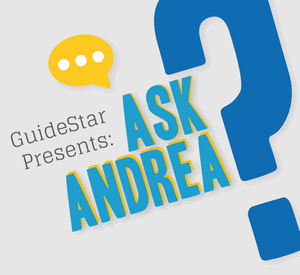
When was the last time you glanced at someone and quickly looked away?
Perhaps you looked away because you were embarrassed for that person. Perhaps what you saw raised judgments in your mind that you didn’t know how to handle.
There’s Something About Mary
My beautiful friend, Mary (pictured above), recently found out what it feels like to have:
A face that makes children stare and adults look away.
That’s the way Mary’s sister described her face.
Two weeks ago, Mary tripped on her porch stairs and fell smack onto her face. She was carrying glasses in both hands and wasn’t able to stop her fall. So down she went, nose first.
And within 24 hours, Mary looked as though someone had beaten her up. Her nose was broken, she had two black eyes and big black and blue splotches on her cheeks.
When she could, she stayed in, planted on the couch nursing her wounds. But sometimes she had to go out and then she learned what it’s like when people look at you furtively and then glance away.
Nobody asked what happened.
Even if they had, she couldn’t explain it to strangers. (They probably wouldn’t believe her if she did.)
So she hid, going out only when she absolutely had to.
Luckily, Mary’s disfigurement was only temporary. After two weeks, her face was healed and her normal life resumed.
What Would You Do?
Imagine if you had a permanent, visible disfigurement that caused people to stare at you and then cringe and look away.
Would you withdraw?
Or would you be able to find a way to present yourself confidently enough to dispel or get beyond the cringe and look-away responses?
Imagine Yourself in Their Shoes
The next time you encounter someone who has a physical disability of some sort, be attuned to your response. Notice how you react when you see them. What might happen if you don’t look away and instead offer them a smile or a friendly nod?
Share your responses in the comments below. Or, take yourself over to Facebook and share your thoughts there.

Speak Your Mind